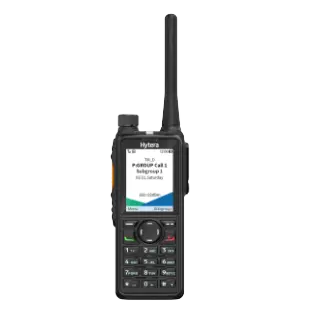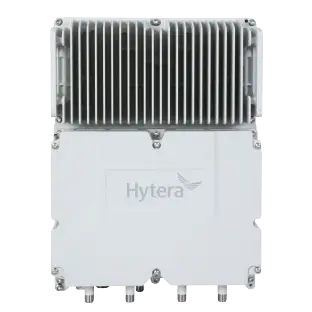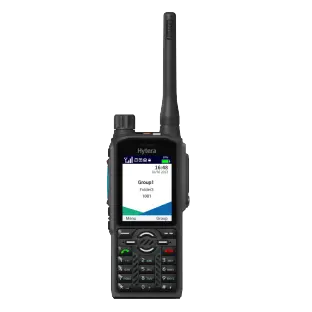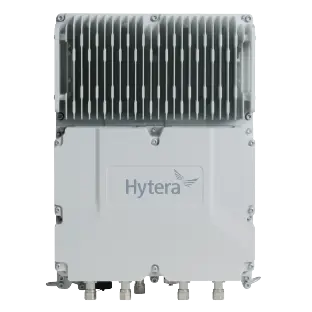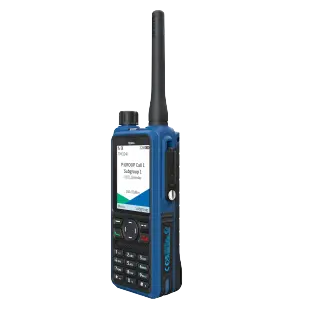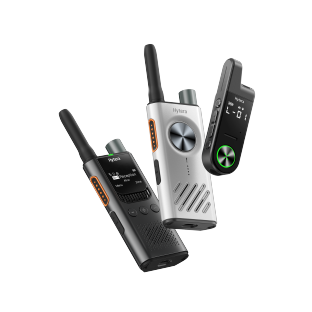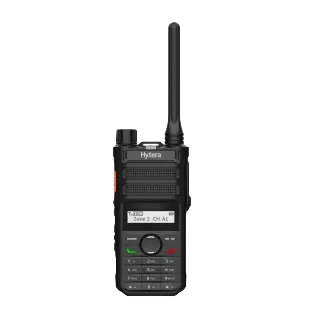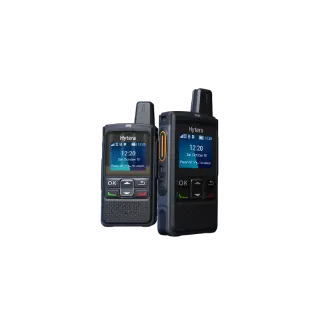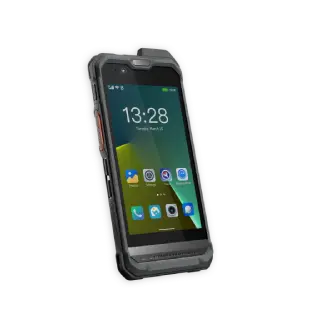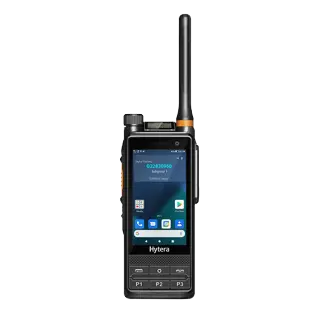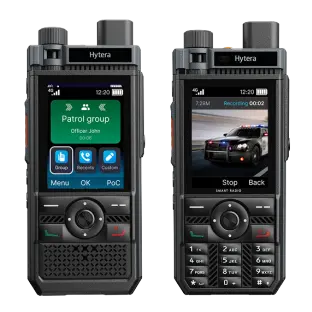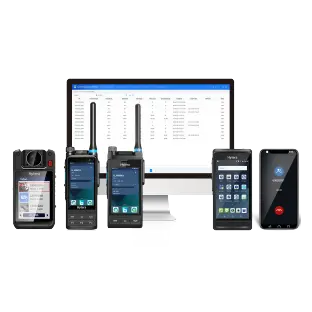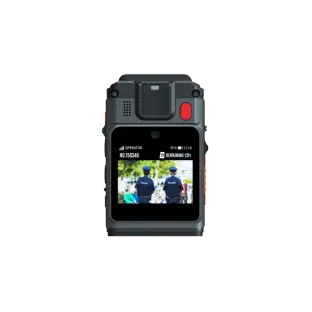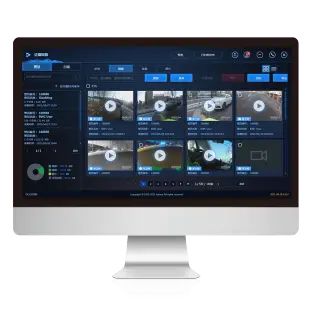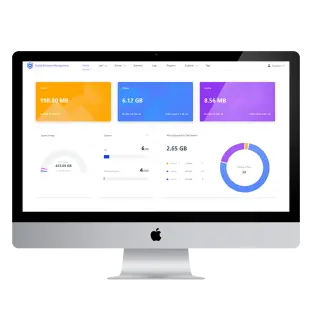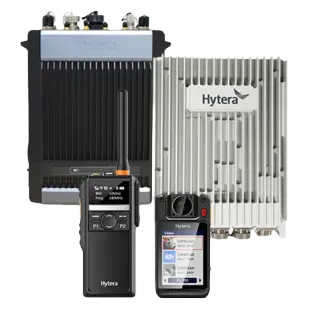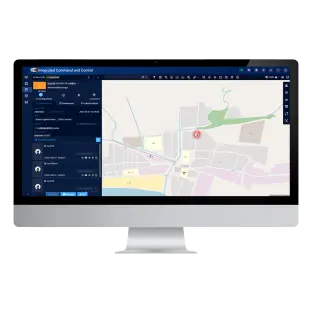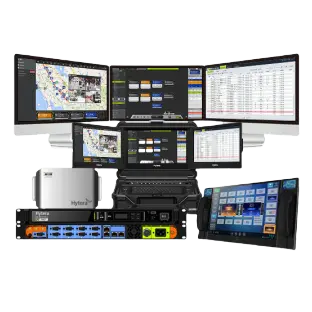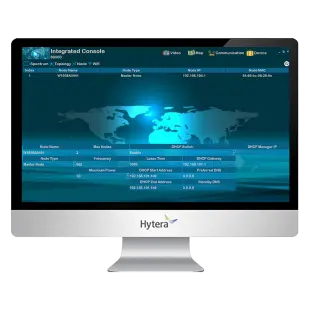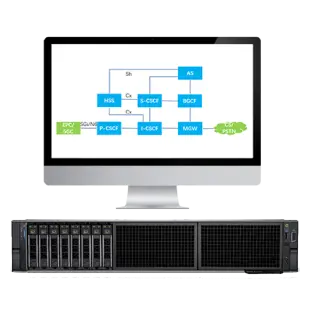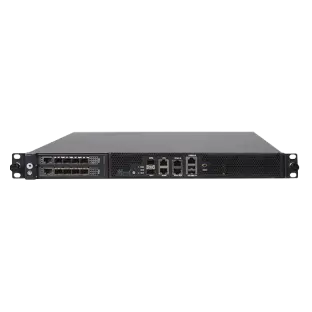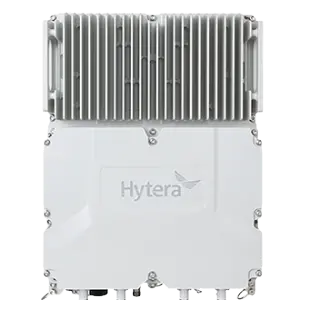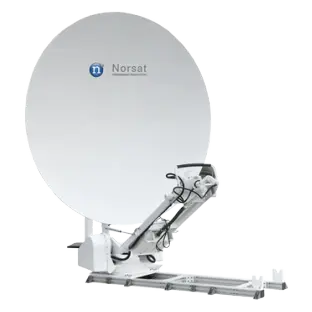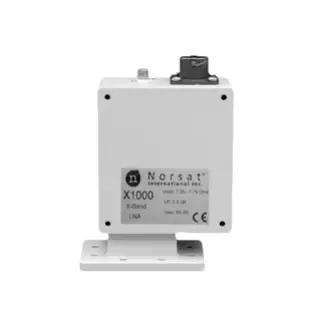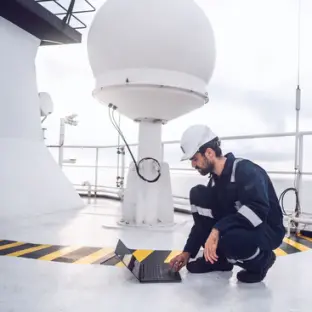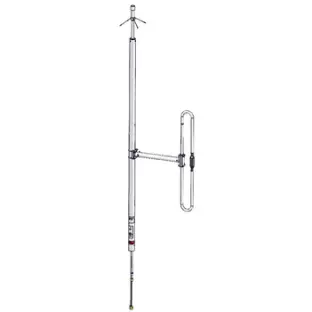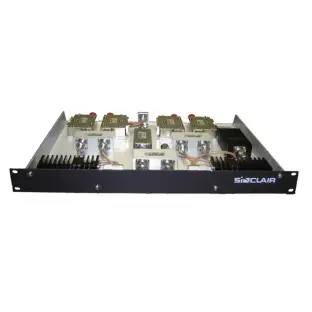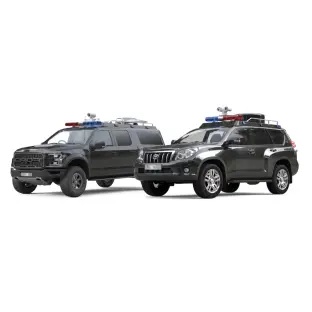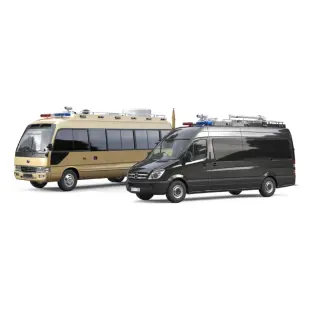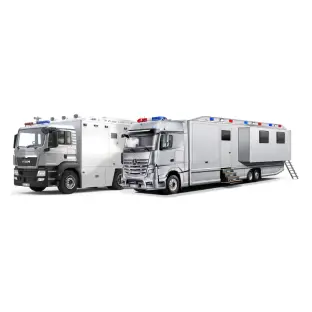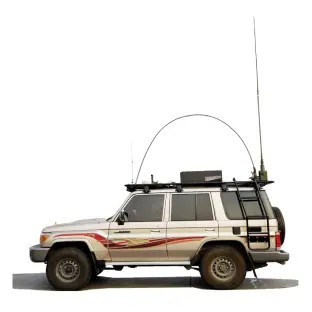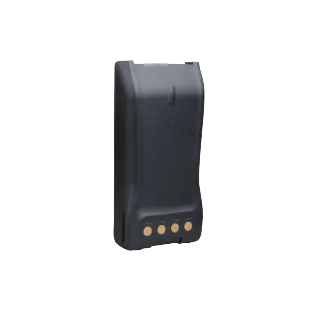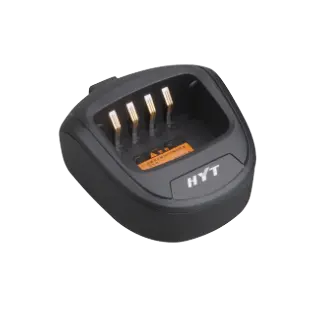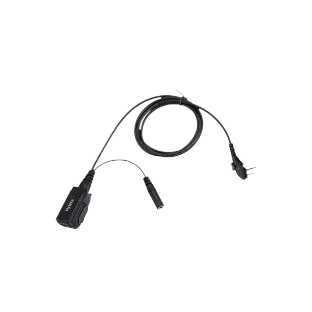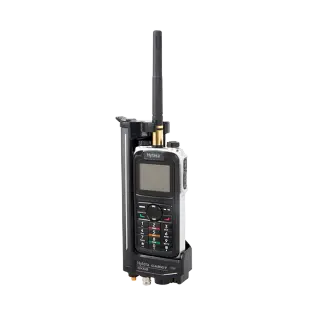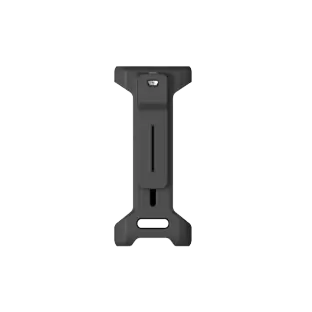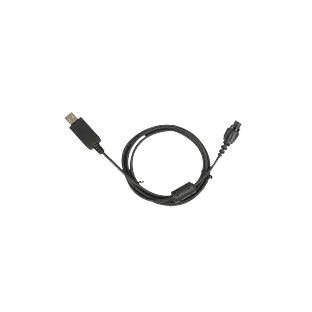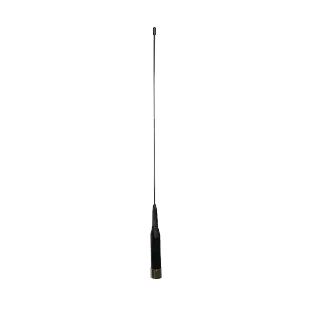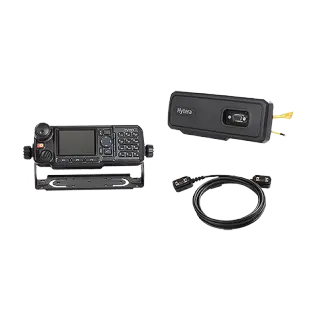Facilities management encompasses a wide variety of roles across a large number of sectors. But whatever the job or industry good communication solutions are vital to ensure FM managers and workers can carry out their work efficiently.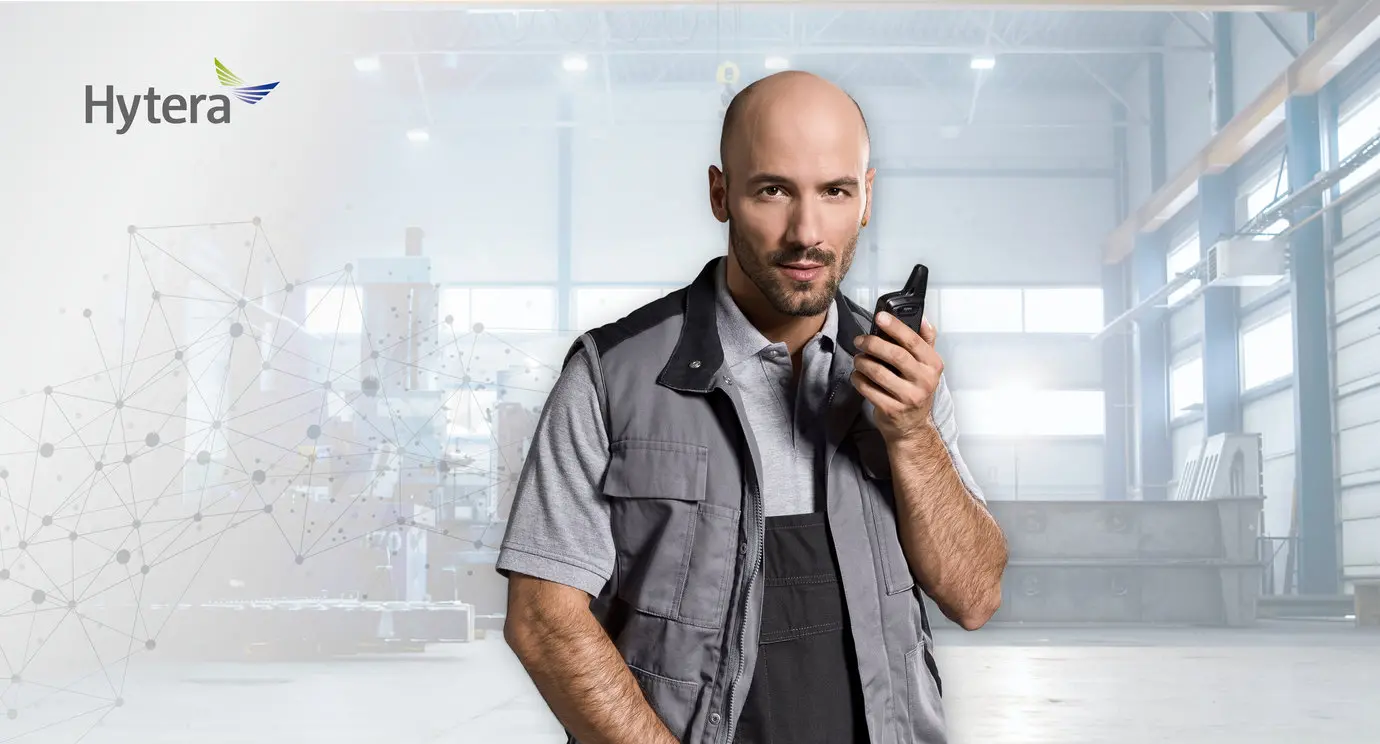
Facilities management (FM) is a multi-disciplinary profession designed to maintain or increase an organisation’s efficiency by supporting its essential activities through the coordination of people, places, processes, and technology. FM looks after the supply and demand of services, supplies and equipment that organisations depend on for the smooth running of their operations.
FM is prevalent in both the public sector for the likes of schools, hospitals and government offices and in the private sector. FM services are deployed in building management, construction, hospitality, engineering and property management. FM requires managerial and oversight roles and teams of people who carry out the actual work. The profession is often divided into hard and soft FM. Hard FM covers the inspection and maintenance of the structures and systems that make a facility work, such as heating and ventilation, lighting, plumbing, lifts, escalators, fire safety, business continuity (disaster recovery) and building structure maintenance. Soft FM refers to services such as cleaning, catering, pest control, grounds maintenance, transportation (e.g. within a campus or airport) and security.
Good communications are absolutely essential for FM managers and staff to enable them to carry out their jobs efficiently and safely. Supervisors need to co-ordinate and be in contact with teams of workers who may be carrying out tasks in different locations with some staff working alone in remote areas. It is therefore important that FM staff can contact managers and vice versa instantly, at anytime, anywhere.
This requires a reliable, highly available communication solution such as that provided by digital two-way radios. FM staff are sometimes issued with mobile phones or even have to use their own. While cellular smartphones have many benefits, signal coverage is entirely in the hands of the mobile network operators (MNOs). If the mobile signal is patchy in or around the buildings or facilities there is nothing the organisation or FM provider can do about it.
However, a private, DMR (Digital Mobile Radio) system provided by Hytera allows signal coverage and capacity to be tailored to the exact needs of the organisation and its facilities. It is easy to expand the system at a later date and high levels of redundancy can be implemented if required.
A properly designed DMR network will provide better signal coverage across dispersed campus facilities and inside buildings, eliminating blackout spots found in old analogue systems or patchy mobile phone operator coverage, especially indoors and in basements. As well as doubling the number of channels available – giving increased capacity for talk-time of perhaps dedicated channels for data.
A DMR system provides the ideal communication solution for FM teams, as it delivers instant, push-to-talk services with crystal clear audio. DMR’s group calling capability means managers can communicate with large numbers of staff simultaneously, which is much faster and more efficient than trying to contact them all individually. Time, which is often of the essence in FM, is therefore not wasted trying to track down a particular person or a group of staff members. Talk groups can be assigned based on job types or roles such as cleaners and electrical maintenance engineers. DMR also supports individual calling and, if required, broadcast calling to everyone on the radio system. DMR can also assign a radio channel to support data transmissions. The DMR system can also be integrated with alarms, Supervisory Control and Data Acquisition (SCADA) systems and Internet of Things sensors.
This can enable remote automation and control of assets such as switching machines or lights on and off. It can send FM managers automatic readings such as the temperature or humidity in machine rooms or cold storage rooms or alert them if an air conditioning unit is malfunctioning, for example.
The data capability also enables DMR systems to support status messaging, job ticketing and workflow management systems, which are widely used in FM. Teams or individuals can be allocated their daily tasks over the radio. Workers can then send updates to workflow management systems when jobs are completed, so records are automated, time stamped and kept up to date.
These kinds of workflow management systems combined with the instant communications provided by two-way radios help to improve worker efficiency and productivity. This enables FM departments or outside FM contractors to provide a better, more timely service to their customers.
A further benefit of deploying DMR is that the radio is also a high quality safety device. The radios support dedicated emergency buttons, which when pressed open up a priority voice channel, as well as automatic Man Down and Lone Worker alarms, which will alert supervisors if a worker gets into trouble but is unable to speak or use the radio.
Integrated GPS allows supervisors to track and monitor staff remotely using geo-fencing and geo-location technology, enabling them to quickly pinpoint their location should they get into trouble. A DMR terminal provides a two-in-one communication and safety device enabling employers to meet health and safety (H&S) duty of care obligations to the workforce, especially lone workers.
Despite the superior advantages of DMR radios it is surprising how many FM workers are either having to depend on old analogue radios or on mobile phones. Rather than upgrading from analogue to digital radio, some firms issue mobile phones as a backup thereby putting additional pressure on budgets. Among those who have moved to digital radio quite a number are not using them to their full potential, according to a 2017 survey by Hytera of readers of Facilities Management Journal (FMJ).
What this means is that FM organisations are not properly equipping their workers with a reliable communication device or if they have moved to digital radio, they are not getting the full return on their investment and are not maximising the built-in health and safety features of DMR radios.
Failure to provide adequate H&S protection may result in injury or even a fatality. The cost of tribunals, fines and reputational damage far outweighs the investment in new two-way radios systems. The FMJ survey revealed that just 29% had a dedicated emergency button on their radios, only 30% were utilising the Man Down feature and only 1-in-3 radio networks made use of Lone Worker functionality offered by modern DMR radios.
The survey also showed that too many FM workers fell back on traditional push-to-talk radio behaviour. It is clear that more staff training on the benefits of two-way radio and a greater awareness of the features available is needed, even for temporary FM staff. Companies in the FMJ survey admitted mobile phones did not offer a reliable solution to their problems, yet 52% of them revealed they had employees who potentially work in areas of limited mobile coverage.
Not every FM job requires a top of the range radio and the extensive feature set it supports. Nonetheless, a rugged and reliable hand portable radio terminal with a dedicated emergency button as minimum should be given to FM staff working in even the most benign environments. A cleaner usually just needs to be contactable, but their radio should support H&S features too in case they have an accident. Skilled electrical and mechanical FM staff may benefit from pairing a Hytera body cam with Hytera’s PDC760 Multi-mode Advanced Radio, which supports DMR, 4G LTE, Wi-Fi and Bluetooth. Technicians can stream live video of what they are working on back to experts off site who can advise them on how best to solve the problem.
The Hytera DMR X1p and X1e provide ultra-slim, discreet lightweight radios, which may suit FM managers, while Hytera’s ATEX intrinsically safe DMR radios are available for those working in potentially explosive atmospheres.
Whatever the job, Hytera has a radio, feature set and accessories to meet any FM role in any sector. For more information or to discuss an opportunity contact one of our Approved Dealer Partners.

